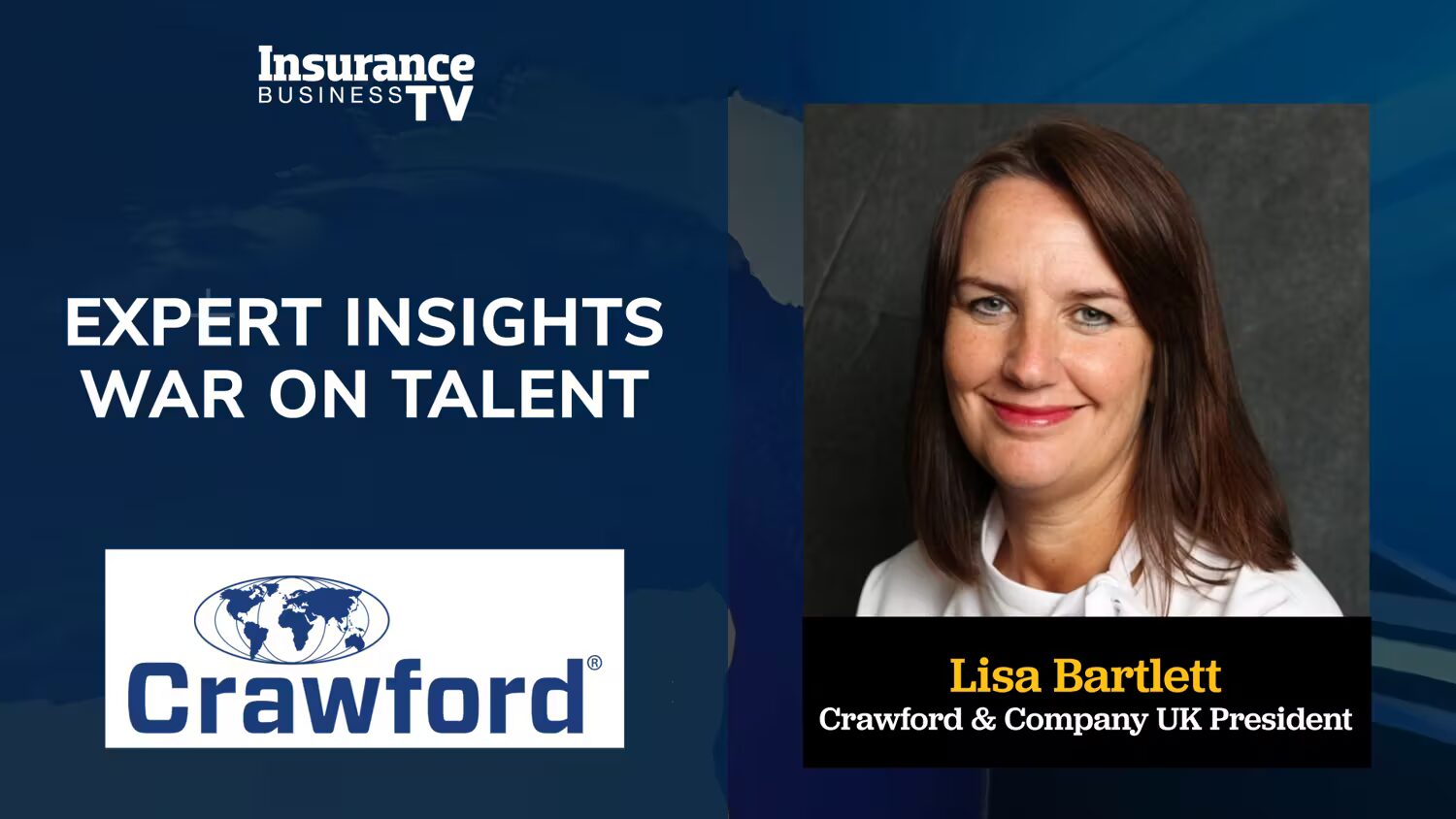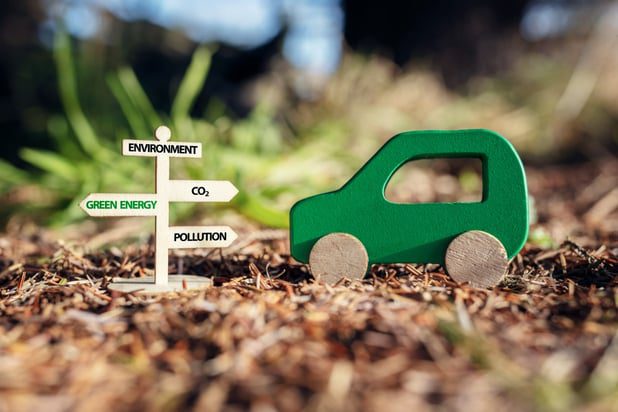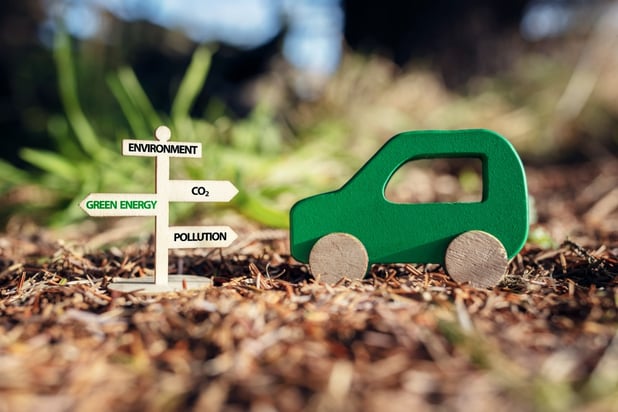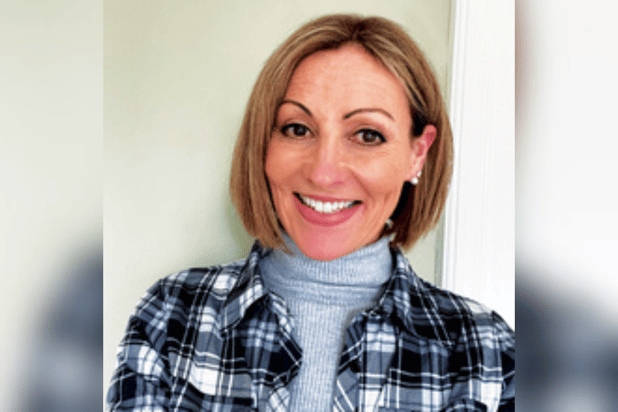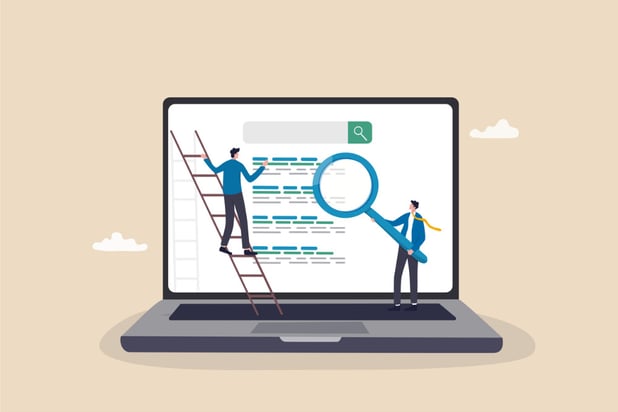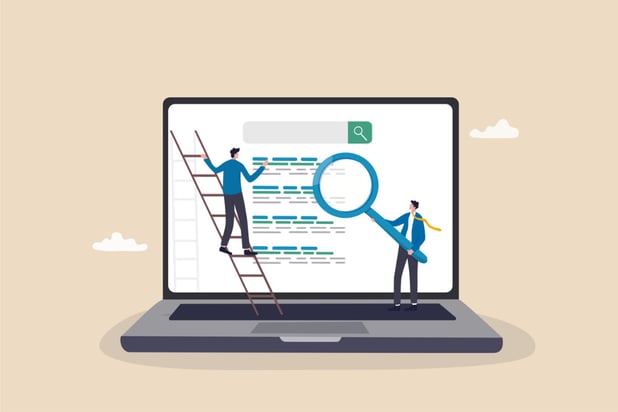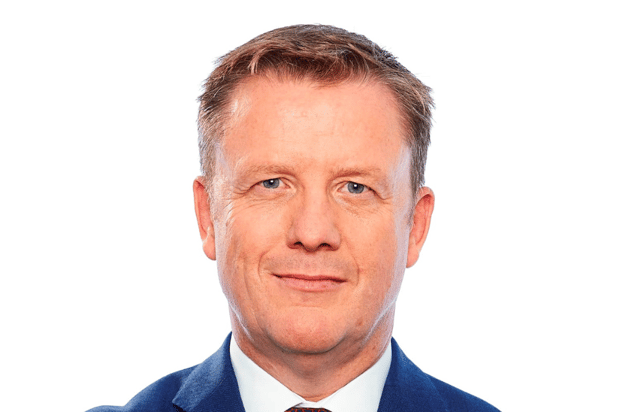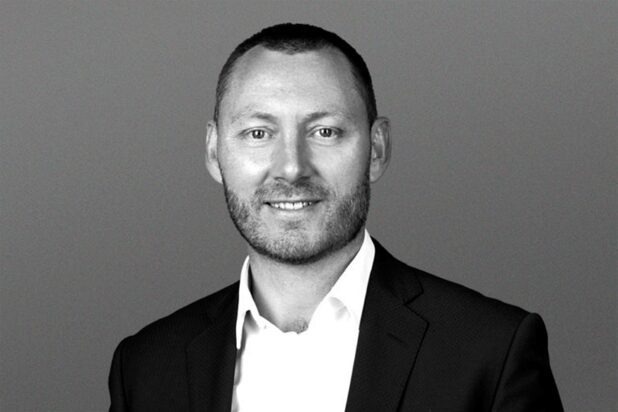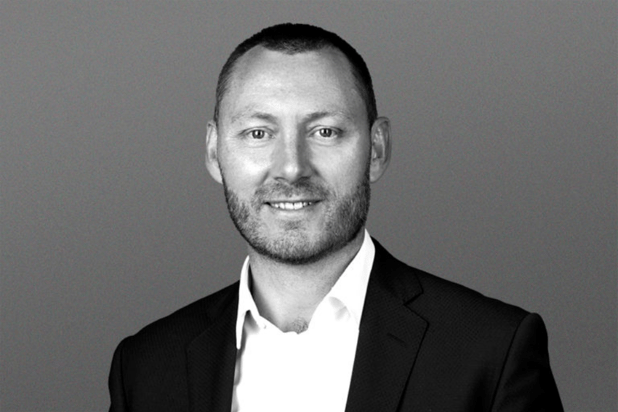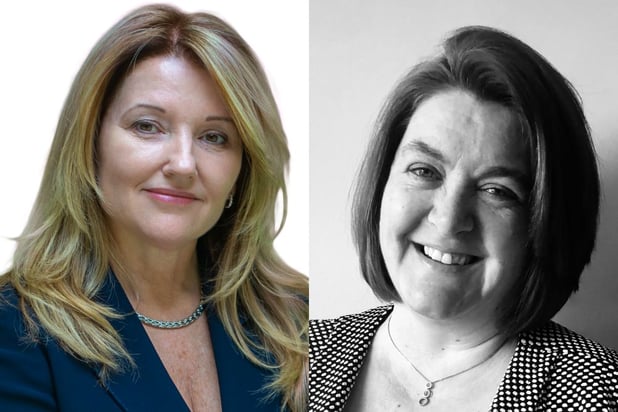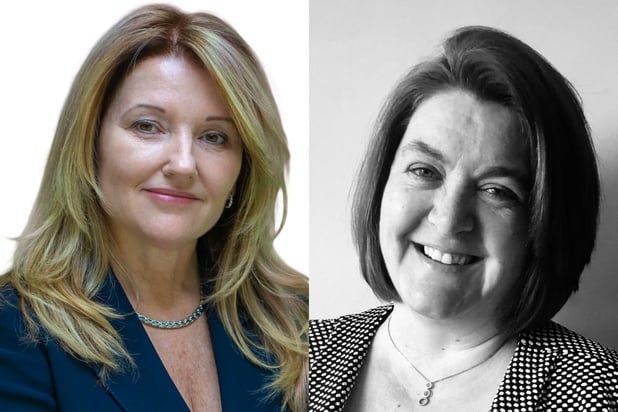
CEO highlights how the deal aligns with firm’s broader strategy
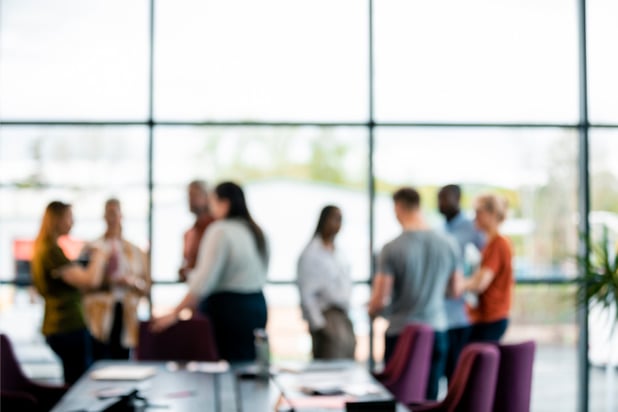
Kingfisher Insurance (Kingfisher) has today announced its acquisition of the specialist motorsport insurance broker REIS Motorsport Insurance (REIS).
In a Press release, the insurance group noted that the deal underscores its strategy of growing both organically and through the acquisition of high-quality businesses delivering specialist products to niche markets. The addition of REIS complements Kingfisher’s established motorsport offering which supports motorsport teams, competitors, event organisers and enthusiasts at all levels.
Having operated in the motorsport market for over 15 years, REIS brings substantial knowledge to Kingfisher, as well as a highly experienced team which is well-regarded in the motorsports market.
Commenting on the deal, Jacquie Boast, chief executive officer, at Kingfisher Insurance said the group is delighted to welcome the clients and employees of REIS. She added that the deal will enable Kingfisher to offer a wider variety of motorsport insurance products to the market.
“The REIS name is well-known for its expertise in the industry but also for its genuine passion for the sport and makes it an important addition to our group,” she said.”The acquisition aligns with our strategy to become the leading specialist insurance provider in the UK and the REIS staff add further depth and experience to our existing expert teams in other niche sectors.”
Mary Singleton, senior operations manager at REIS said the team is excited to be joining Kingfisher and looking forward to continuing to deliver excellent products and service to its clients.
“Motorsport insurance can be complex with many variables to consider so it’s fantastic to be part of an organisation that is dedicated to, and truly understand, specialist insurance,” she said. “With Kingfisher’s support we aim to grow our market presence, increase our client base and offer additional products to our suite of specialist market leading capabilities.”
What are your thoughts on this deal? Feel free to share them in the comment box below.
Related Stories
Keep up with the latest news and events
Join our mailing list, it’s free!

This page requires JavaScript

